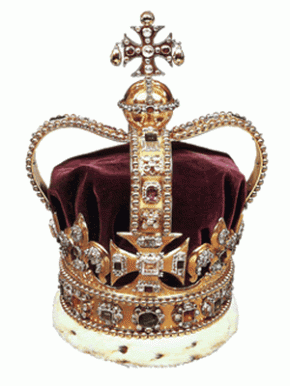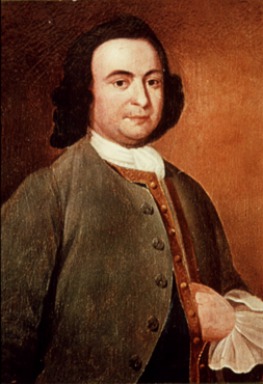The Anti-Federalists
"All men having power ought to be distrusted to a certain degree."
~James Madison
~James Madison
When the new constitution was formed, the American people reacted with the formation of the Anti-Federalists. These people opposed The Constitution and its centralization of power.
Anti-Federalists were the American people who opposed the proposed constitution
They felt that there were many flaws with the Constitution, such as:
Centralization of power → government that oppress its people (like Britain did before)
They felt that centralizing power was associated with a tyrannical monarchy
Therefore, they believed The Constitution was going away from their democratic goals
The belief was that the government was going towards the evils of monarchy and aristocracy
They felt there had to be more people in the House of Representatives so that the power would not be too concentrated
During one of his speeches, George Mason said that, "The greater the number of men among whom any given quantum of power is divided, the less the power of the individual."
In an Anti-Federalist paper, it was stated that "No one man, therefore, or any class of men, have a right, by the law of nature, or of God, to assume or exercise authority over their fellows."
They felt that there were many flaws with the Constitution, such as:
- The government's power was too centralized
- The number of people in the House of Representatives
- There was no Bill of Rights
Centralization of power → government that oppress its people (like Britain did before)
They felt that centralizing power was associated with a tyrannical monarchy
Therefore, they believed The Constitution was going away from their democratic goals
The belief was that the government was going towards the evils of monarchy and aristocracy
They felt there had to be more people in the House of Representatives so that the power would not be too concentrated
During one of his speeches, George Mason said that, "The greater the number of men among whom any given quantum of power is divided, the less the power of the individual."
In an Anti-Federalist paper, it was stated that "No one man, therefore, or any class of men, have a right, by the law of nature, or of God, to assume or exercise authority over their fellows."
The Anti-Federalists were worried about representatives having too much authority
In order to reform The Constitution, they said that there needed to be a Bill of Rights
Having a Bill of Rights would protect people against basic things such as:
- Excessive bail or fines
- Cruel and unusual punishment
- Unlawful search and seizure (searching one's property and taking it to be used as evidence in a trial)


